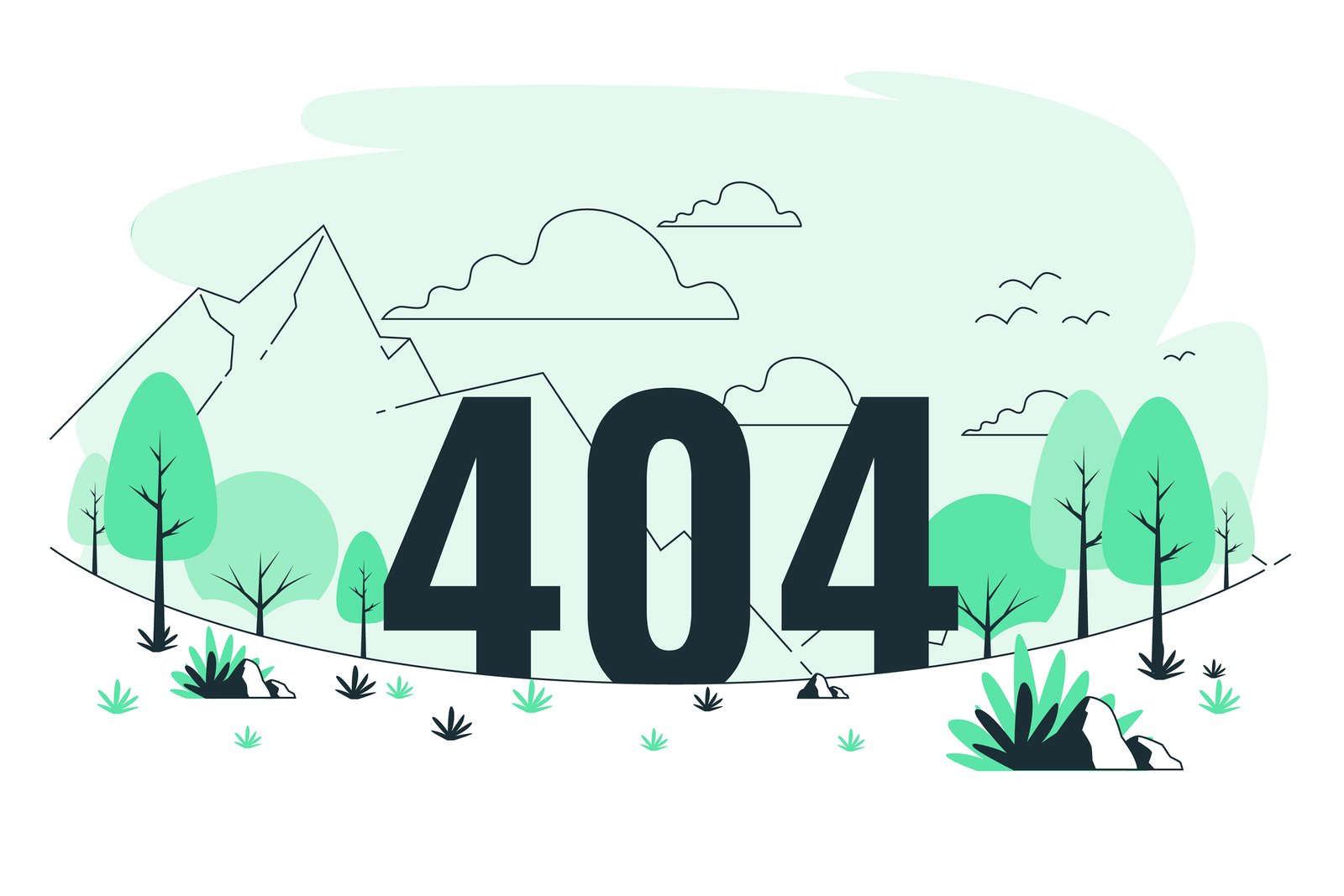
The Early Signs of Protein Deficiency: What You Need to Know!
Hey there!
You may not realise it, but protein is essential to keep your body healthy. After all, our muscles, bones, skin, and organs are all made up of this vital nutrient. But how do you know if you’re getting enough of it?
Let’s break it down. Protein helps to fuel your body and keep it functioning properly. Without enough of it, your body won’t have the building blocks it needs to perform optimally. That’s why it’s important to pay attention to the early signs that you might be deficient in protein—so you can take action right away and get back on track.
In this article, we’ll cover what protein deficiency is, the potential signs that could indicate a deficiency in your diet, and tips that can help you increase your daily intake of this essential nutrient. We hope this helps you take control of your health and make sure you get enough protein every day!
What is Protein Deficiency?
As a human, you know that protein is essential for your body to stay healthy and strong. But when you don't consume enough of it, it can lead to dire consequences. Protein deficiency can affect your overall physical and mental health, leading to serious complications if left untreated.
Fortunately, protein deficiency is easily preventable by keeping an eye on the early signs that may appear. We'll help you understand why protein is so important in a balanced diet and teach you how to spot the early signs of protein deficiency. With this knowledge, you'll be well on your way to enjoying a healthier lifestyle full of nutritious foods!
What Are the Early Signs of Protein Deficiency?
Protein is an essential nutrient for our bodies and it's important to make sure you're getting enough of it. But how do you know if you're not? The early signs of protein deficiency can be tricky to spot, but there are a few tell-tale signs that can clue you in.
First off, look out for unusual fatigue and low energy levels; protein plays an important role in energy production, so not eating enough could cause you to feel especially tired. Low levels of protein could also lead to muscle weakness, decreased immune function, slow wound healing, cravings for high-calorie snacks, hair loss and brittle nails. Additionally, many people find that their skin takes a toll as well—protein helps keep the skin healthy and hydrated.
If any of these symptoms sound familiar, then it might be time to reassess your diet. Aim for 0.8-1 gram of protein per day for every kilogram of bodyweight; focus on whole foods like lean meats, eggs, beans, nuts and seeds, or supplement with protein shakes when necessary. Adopting healthier eating habits will help keep your body fueled with all the nutrients it needs!
What Are the Foods That Are High in Protein?
If you think you may be protein deficient, you may be wondering what foods are high in protein so that you can properly nourish your body. Luckily, there are plenty of delicious and nutritious options for you to choose from!
Dairy Products
Most dairy products such as milk, cheese, and yogurt contain 8-12 grams of protein per serving. Yogurt is particularly high in quality protein and is packed with probiotics to help keep your gut healthy.
Seafood
Seafood such as oysters, salmon, mackerel, tuna and mussels are great sources of omega-3 fatty acids as well as quality protein. Salmon contains about 9 grams of protein per 3-ounce (85 gram) serving.
Legumes
Legumes such as beans and lentils contain 7-10 grams of quality protein per 1/2 cup (74 gram) serving. They are also a good source of fibre which helps to maintain regularity.
Nuts and Seeds
Nuts such as almonds and walnuts are a great snack option because they contain 6-12 grams of lean proteins per one ounce (28 gram) serving - plus a handful of other nutrients like Vitamin E, magnesium and healthy fats. Seeds like flax seeds, chia seeds and hemp seeds also provide plenty of insoluble fibre to aid with digestion.
With a variety of food choices like these available for you to choose from, there's no excuse for not getting enough quality proteins in your diet! Eating healthy need not be an overwhelming or boring task; with these options at hand you can easily maintain the daily recommended amount!
How Much Protein Does a Person Need on a Daily Basis?
Do you know how much protein your body needs each day? It's important to get your daily dose of protein to stay healthy. According to the World Health Organization, adults should get 0.83 grams of protein for every kilogram of body weight per day—that's about 56 grams for a person who weighs 68 kg (150 pounds).
The amount also depends on age, health, and activity level. For example, pregnant women and athletes require more protein than the recommended average. Generally speaking, too much of anything is never a good idea—so it’s best to consult a nutritionist who can provide a personalised plan tailored to your lifestyle and goals.
When it comes to getting the right amount of protein in your diet—food is always a great place to start! There are plenty of delicious and healthy options that are packed full of vital nutrients like lean meats, seafood, dairy products, beans, lentils, nuts & seeds. Remember to mix it up and choose different sources for variety!
Benefits of Eating Protein-Rich Food
You know protein is important for your health, but did you know that eating protein-rich food can help prevent protein deficiency? Eating enough protein each day is essential for your body to stay healthy.
Here are some benefits of eating protein-rich food:
Maintains Muscle Mass
Protein helps maintain muscle mass when paired with regular exercise. This is because it helps repair and rebuild muscle fibres after workouts, allowing them to grow stronger over time.
Boosts Metabolism
Eating enough protein also boosts your metabolism, helping you burn more calories and keeping hunger at bay. Protein takes longer to digest than carbohydrates, which means it stays in your system longer and prevents spikes in blood sugar levels.
Healthy Cookie Options to Get More Protein in Your Diet
You may not know this, but you can get more protein in your diet without making any significant changes to your diet! Believe it or not, there are healthy cookie options available that can help you hit your daily protein goal.
Oat-based Protein Cookies
Oat-based protein cookies are a great choice for those of us who struggle to reach our daily recommended protein intake. Made from whole oats and whey protein, these cookies are full of essential vitamins and minerals that work together to give your body the nutrients it needs. Plus, they come in a variety of delicious flavors like chocolate chip, peanut butter and cinnamon sugar.
Protein Bars
Protein bars make a great snack or quick meal on the go. With flavours like chocolate brownie, blueberry muffin and peanut butter crunch - you'll be sure to find something that satisfies your sweet tooth while powering you through the day. Plus, many bars contain at least 10 grams of protein each - so you're better off snacking on one than a traditional candy bar!
So there you have it—three easy ways to increase your daily protein intake without sacrificing flavour or taste. Keep these healthy options in mind next time you reach for a sweet treat - with these delicious snacks, you won't even miss the traditional junk food!
Eating a healthy, protein-rich diet is essential for your overall health and wellbeing. Taking the time to familiarise yourself with the early signs of protein deficiency can help protect you from ever needing to worry about it in the first place. And once you’ve educated yourself on the importance of protein, you’ll have no trouble getting enough from your diet.
So get creative with your meals and snacks - turn to nuts, legumes, dairy products, and of course, our very own protein-packed original flavour cookies! With the right knowledge and a bit of creativity, you’ll easily be able to make sure you’re getting enough protein to live your healthiest life.

